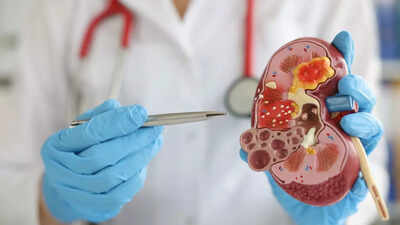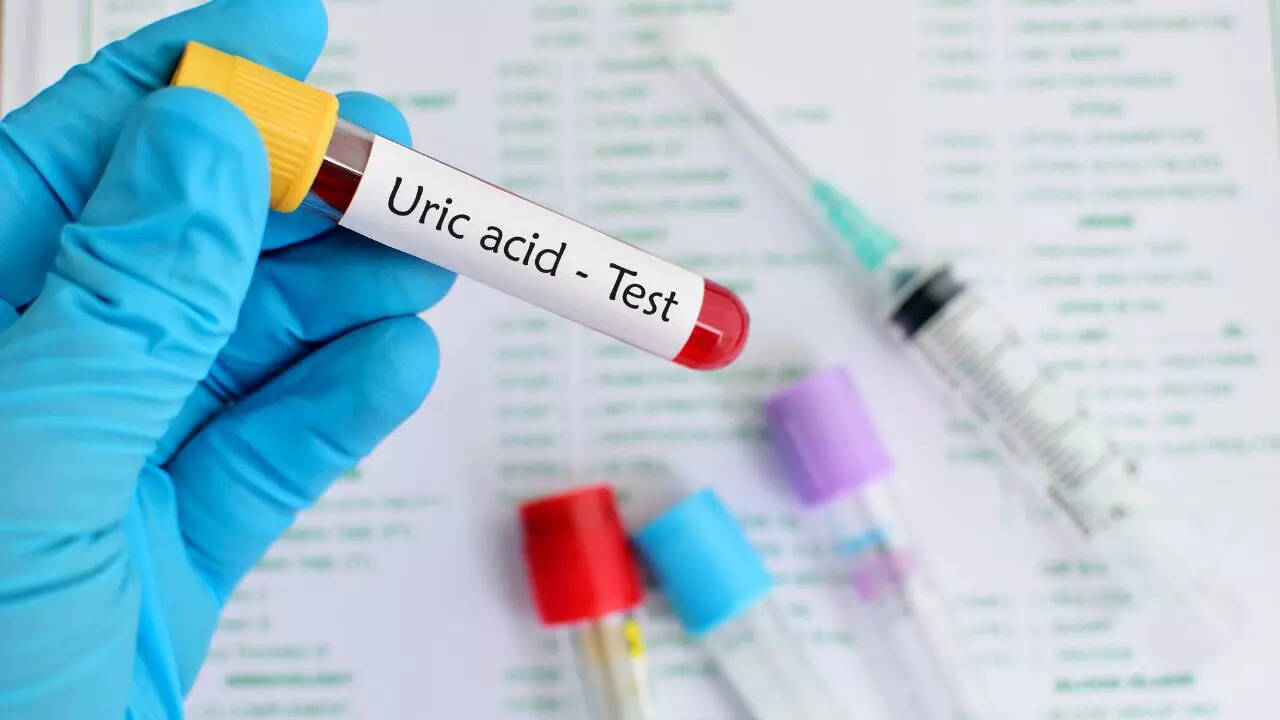What happens after a kidney transplant? Know precaution tips, complications, recovery advice, and more |

A kidney transplant is a surgical procedure where a healthy kidney from a donor is placed into a person whose kidneys have failed. It offers a life-changing alternative to dialysis, improving energy levels, appetite, and quality of life. However, a successful transplant is not the end of the journey, it marks the beginning of lifelong care. Patients must commit to taking medications daily to prevent organ rejection, along with making lifestyle adjustments and attending regular follow-ups. Understanding potential risks, managing diet, and recognising warning signs of complications are all essential for long-term kidney function and overall well-being after the transplant.
Precautions to follow after kidney transplant surgery
After a kidney transplant, most patients can gradually return to work and resume a regular diet. Normal daily activities are usually possible, but some extra precautions are necessary to protect the new organ and overall health. Proper care post-transplantation is crucial to reduce infection risks and support healing:
- Food safety: Always wash fruits and vegetables thoroughly before eating. A dietitian can help you develop healthy eating habits to manage weight, blood sugar, blood pressure, and fluid retention.
- Driving: Avoid driving for at least two weeks after hospital discharge and check with your transplant team before resuming driving.
- Physical activity: Avoid heavy lifting for 6-8 weeks post-transplant. Gentle exercises like walking, cycling, and swimming are recommended, but always consult your healthcare team before starting a new routine.
- Sexual health: Sexual activity can resume with your transplant team’s approval. Medications may affect sexual function. Women typically return to a normal menstrual cycle within 2-3 months post-transplant.
- Pregnancy: Avoid pregnancy for at least one year post-transplant. Consult your transplant team before trying to conceive to adjust medications safely.
- Smoking and alcohol: Quit smoking and discuss alcohol consumption with your transplant team to ensure it is safe alongside your medications.
- Pets: Certain pets can pose infection risks. Avoid handling cat litter boxes, be cautious with aquarium fish, ensure dogs are vaccinated, and avoid birds altogether. Consult a vet if your pets become ill.
- Regular health checks: Maintain yearly eye, dental, and, for women, GYN appointments. Stay up to date with other recommended health screenings.
- Medical identification: Wear a medical alert bracelet and carry your medical history documents at all times.
Monitoring health at home
You play an essential role in monitoring your health after a transplant. Early detection of problems can save your kidney:1. Weigh yourself daily: Use the same scale, at the same time each morning, after using the bathroom. Report weight gain of over 3 pounds (1.4 kg).2. Check blood pressure: Take your blood pressure once daily and know your normal range. If outside this range and at least an hour after medication, inform your transplant team.3. Take your temperature: Any fever or chills could signal infection or organ rejection. Report temperatures above 37°C (98.6°F) immediately.4. Monitor your pulse: Tracking your heart rate helps identify medication effects.5. Record fluid intake and output: For about six weeks post-surgery, keep detailed logs of fluid consumed and urine produced, using forms provided by your transplant team.
Medication management after transplant
Immunosuppressant medications are essential to prevent your body from rejecting the new kidney. Strict adherence to your medication schedule is critical:
- Know the names and purposes of your medications.
- Understand how and when to take them.
- Learn possible side effects and what to do if you miss a dose.
- Ensure timely prescription refills to avoid gaps.
When to contact your healthcare team
It’s vital to know when to seek medical advice following transplantation surgery. Contact your transplant team immediately if you experience any of the following:
- Sudden weight gain of 2 pounds (around 1 kg) in one day or 4 pounds (2 kg) in one week
- Fever above 38.1°C (100.6°F)
- Pain, tenderness, or swelling over the transplant site
- Reduced urine output
- Swelling in your arms or legs (extremity oedema)
- Difficulty breathing, especially when lying flat
- Increased pain, redness, or discharge from the surgical incision
- Urinary symptoms such as burning, pain, cloudy or foul-smelling urine, or frequent urination
- Nausea and vomiting lasting more than 24 hours, or inability to keep down medications or fluids
- Severe pain not controlled by medication
- Bleeding or blood in urine
- Prolonged constipation or diarrhoea lasting over three days
- Light-headedness or dizziness
- Abnormally low blood pressure or very high blood pressure
For all other medical issues, contact your primary care physician first, who can coordinate with the transplant team if necessary.
Potential complications following kidney transplant surgery
While many transplants are successful, it’s important to be aware of possible complications:
- Acute Tubular Necrosis (ATN) or delayed graft function: Sometimes the new kidney doesn’t start working immediately due to factors such as donor issues or surgical complications. This condition may require temporary dialysis while waiting for kidney function to improve. A biopsy may be performed to rule out rejection.
- Primary non-function: In rare cases, the transplanted kidney never works, necessitating removal and a return to dialysis. Patients remain eligible for another transplant without losing their place on the waiting list.
- Infection: Immunosuppressants increase infection risk. Antibiotics are typically prescribed for the first 3-6 months post-transplant to help prevent infections.
- Dehydration: Unlike dialysis patients, transplant recipients need to maintain adequate fluid intake, especially in hot weather, to avoid dehydration and kidney stress.
- Urine leak: Surgical connection between the ureter and bladder can sometimes fail if the bladder becomes too full too soon after surgery. Signs include a sudden stop in urine drainage and pain, requiring surgical repair.
Disclaimer: This article is for informational purposes only and is not a substitute for professional medical advice, diagnosis, or treatment. Always consult your doctor or transplant team regarding any health concerns or before making changes to your care plan.Also read | Can VitaminB12 deficiency cause nerve damage? Here’s what you need to know







